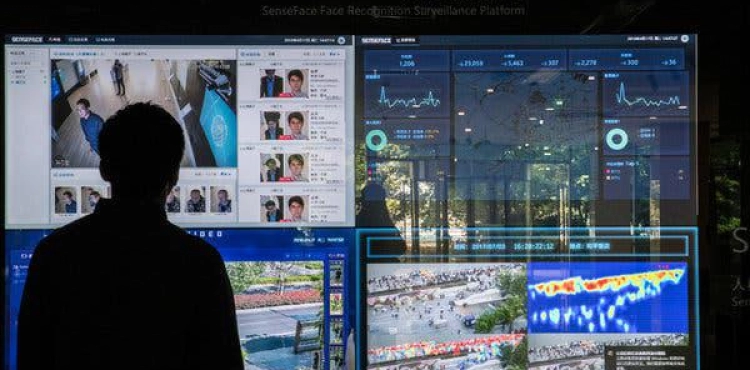A team of researchers at the University of Maryland has devised a new technology that can bypass Internet censorship systems used by some governments to block free access to information for millions of people around the world.
The artificial intelligence system, named "Geneva", has already been tested in China, India and Kazakhstan, and has found dozens of ways to avoid censorship by exploiting gaps in censorship programs that human programmers cannot find, according to technology website Phys Dot.org. Them manually.
"With the Geneva system, for the first time we can make significant progress in the race with online censorship programs," said researcher Dave Levin, an IT specialist at the University of Maryland. Who are not getting these benefits right now. "
It is known that all data on the Internet is divided into packets of data by the sending party computer and then regrouped again by the receiving party device, but surveillance programs monitor and block data packets as they go online and can identify them by certain keywords Prohibited (such as Tiananmen Square in China) or by prohibited domain names (such as Wikipedia in many countries).
The study team tested the new system in the software laboratories by censorship programs are not real, and other real, and the team succeeded by Geneva to surf the Internet freely in the presence of censorship programs.












